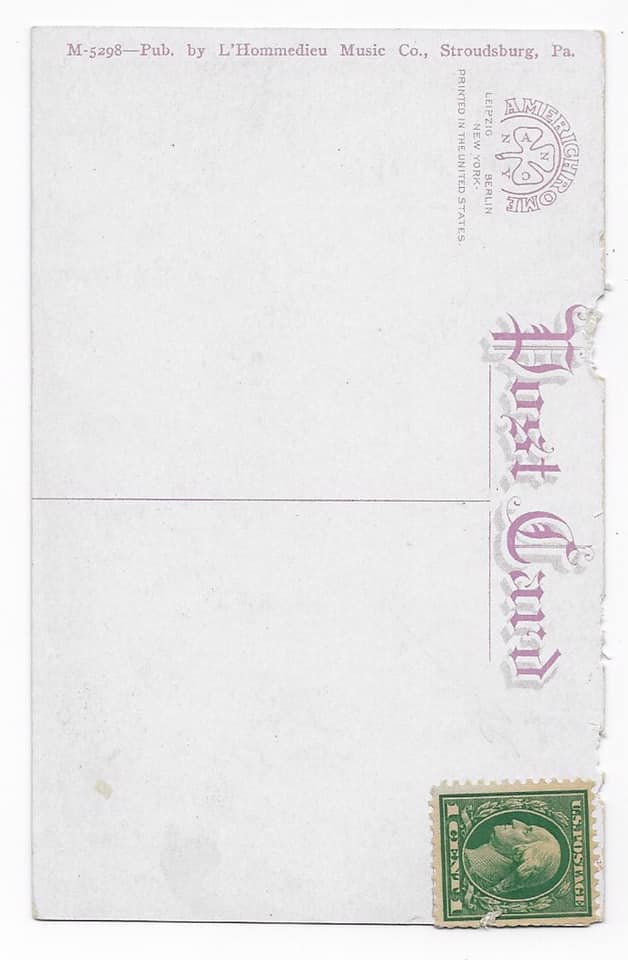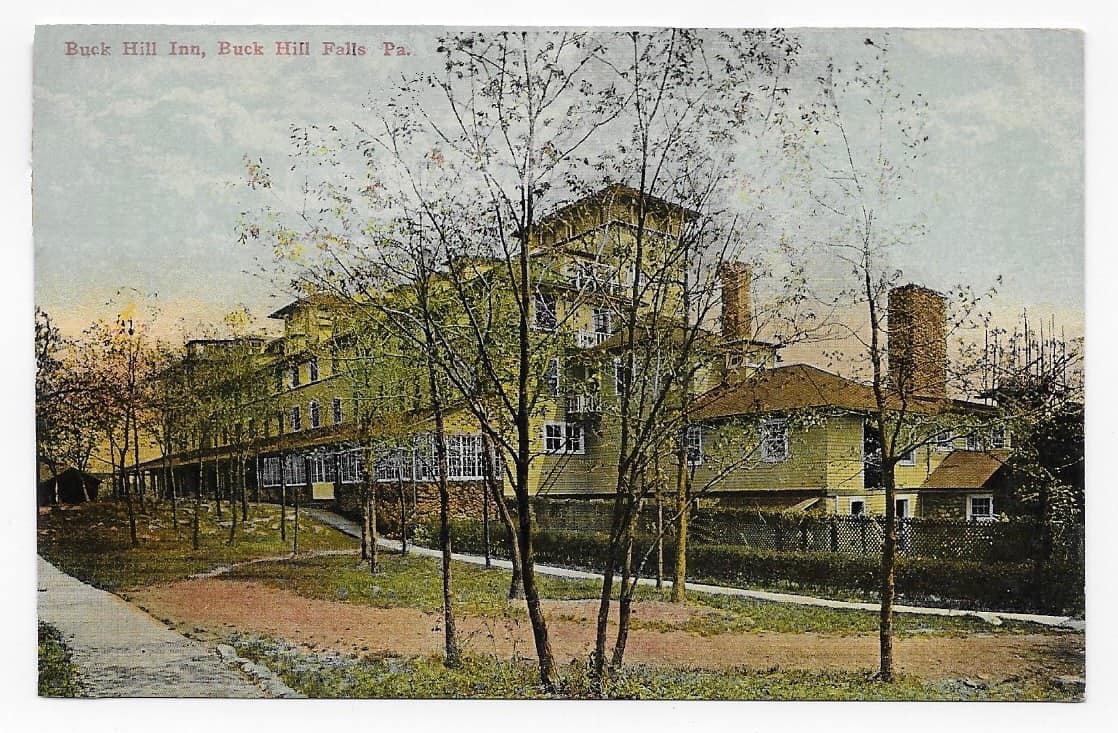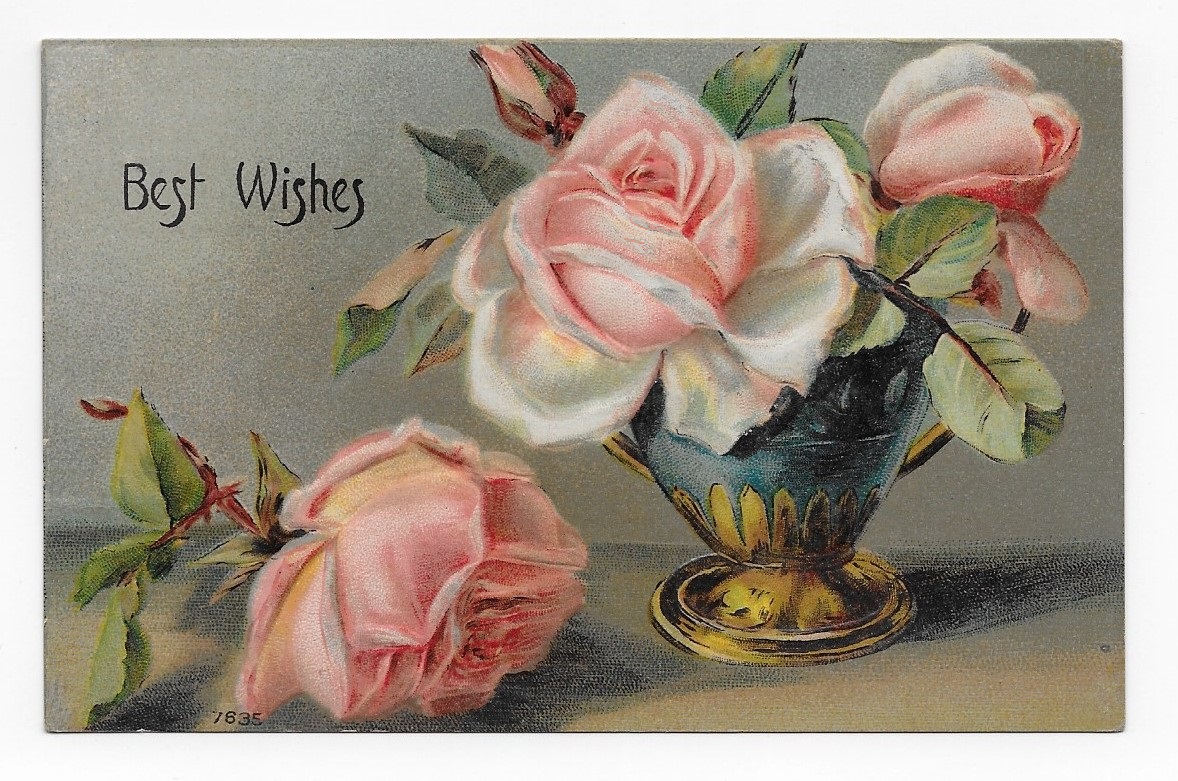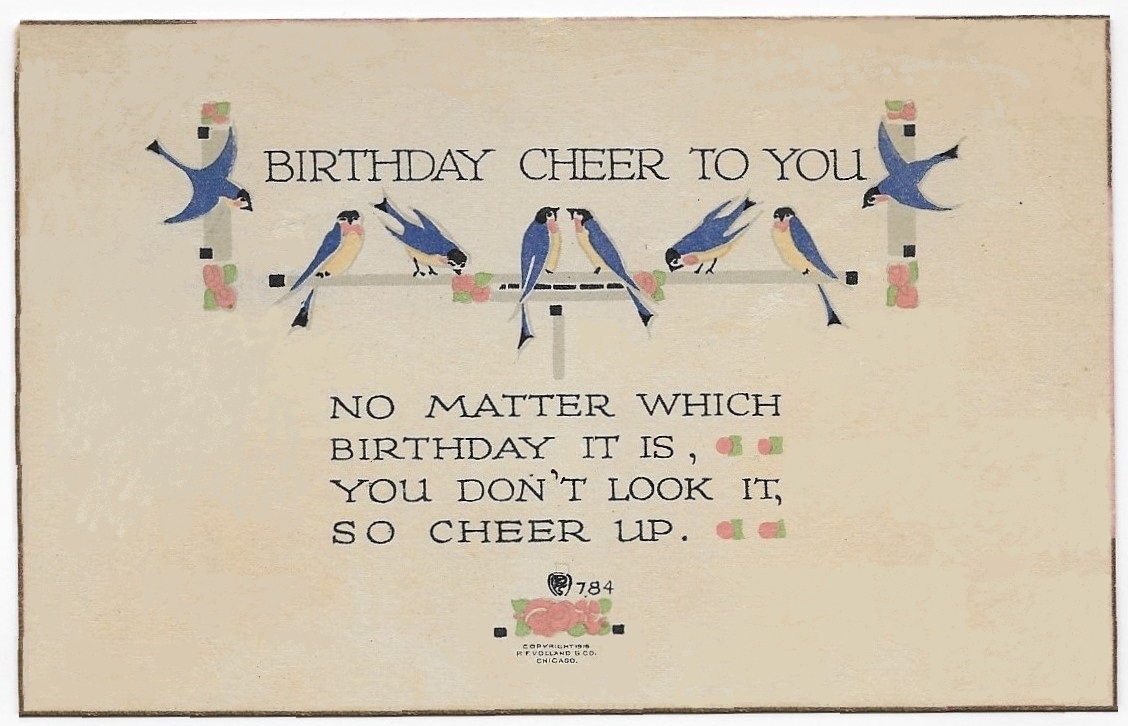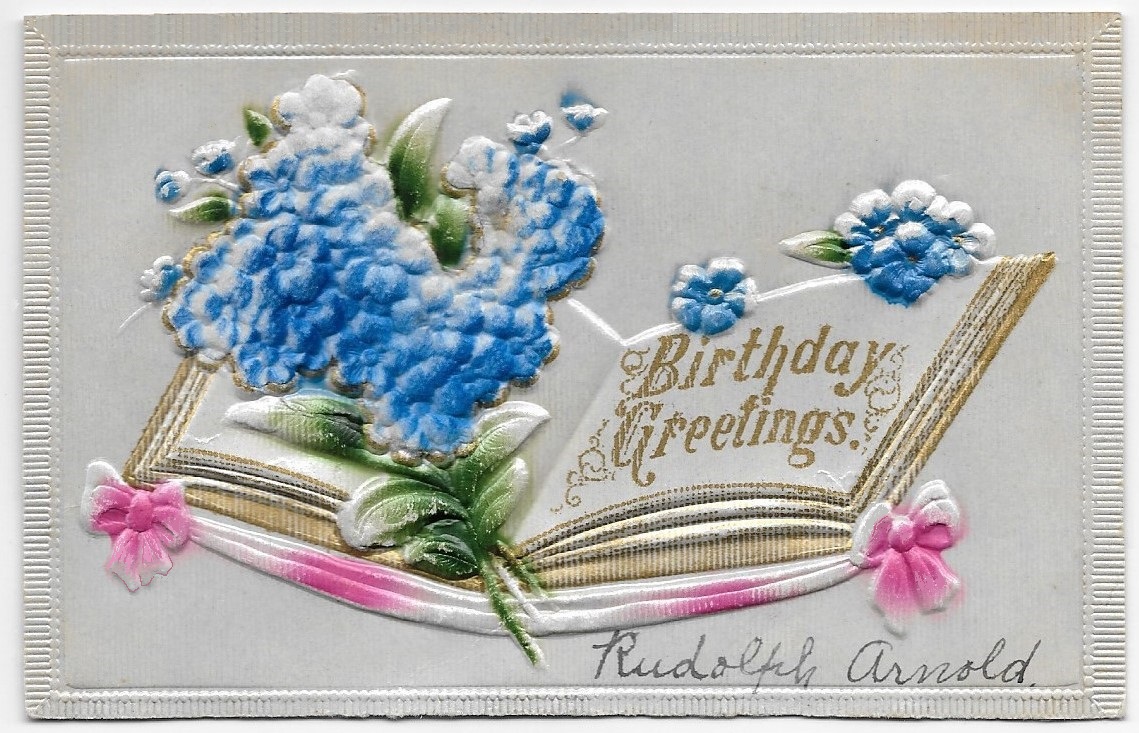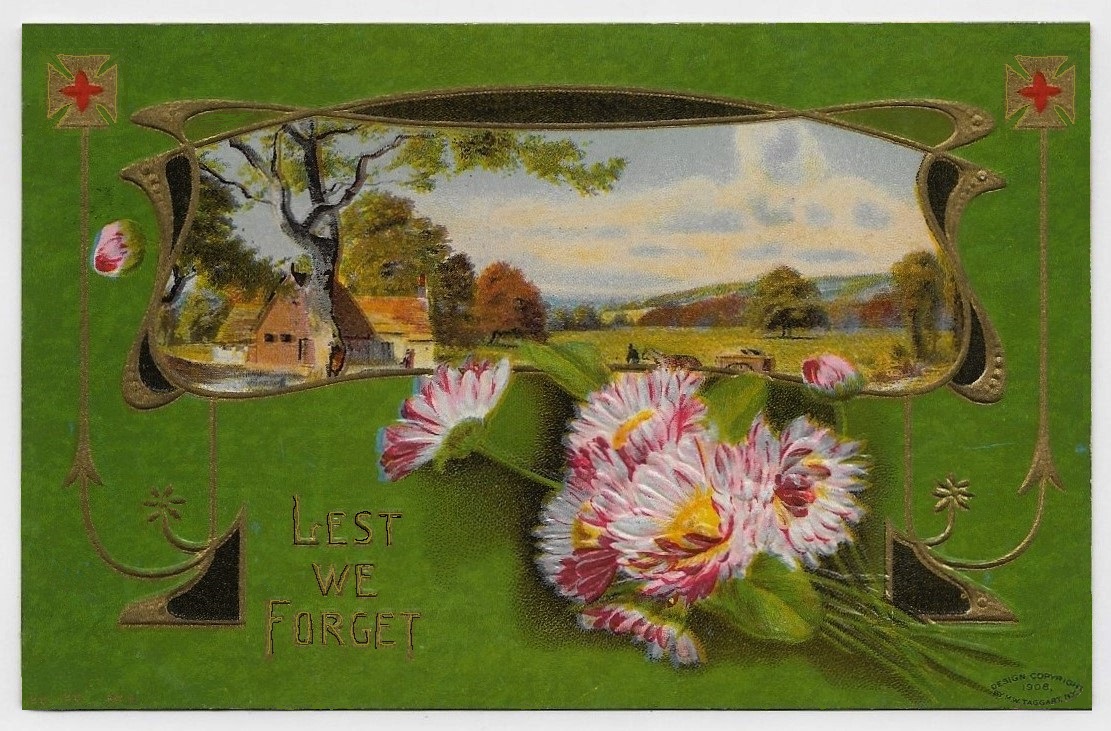There are many celebrated resorts of the early 20th century (and 19th century) that have followed a similar trajectory.
A lavish resort is built in a place of great natural beauty; improvements in transportation attract throngs of visitors; notable guests and historic events lend prestige to the place; thousands develop strong attachments due to personal milestones observed at the site; the businesses adapt to changing circumstances and popular desires; some enormous cultural shift or economic event begins a downward spiral of financial failures; attempted re-inventions falter; multiple sales and re-sales of the diminished assets; eventual abandonment; decades of false hopes for reconstruction; and demolition.
This is the pattern of the Buck Hills Inn, built on a spectacular mountain slope near the Delaware River in northeast Pennsylvania.
From the website “Something Interesting” – additional facts about this resort:
“Built in 1901, the Inn at Buck Hill Falls was once the class of Poconos Mountain resorts. The thousand-acre retreat featured amenities such as an amphitheater, a 27-hole golf course, horseback riding, an indoor pool, swimming, and tennis. For decades the resort thrived, and would expand until eventually becoming a 400-room, 300,000 square-foot facility.”
First developed by Quaker investors of Philadelphia who were attracted to the splendor of this natural paradise, Buck Hills Inn first opened as a “dry” lodge with surrounding cottages.
Within a very few years, the site became far more luxurious and unlike its rustic origins.
https://en.wikipedia.org/wiki/Buck_Hill_Falls,_Pennsylvania
This postcard photograph, published by L’Hommedieu Music Company of Stroudsburg, was printed sometime around 1910- about ten years after Buck Hills Inn opened.
Taken in winter or early Spring, the photograph captures very little of the grandeur of the site.
One assumes that the postcard, not mailed, was intended as a greeting – as it bears an unused stamp.
It is possible that the postcard was saved as a souvenir instead of being posted.
There is a kind of melancholy that attaches to the tale of splendor and decay within a span of ninety years.
